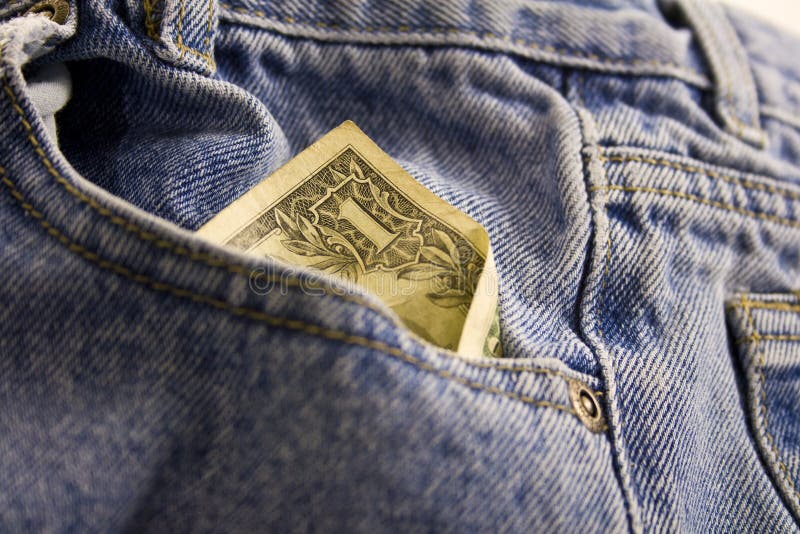


Money gifts don't make sense until the child can already solve simple math problems and understand a set of if-then sentences.There are multiple benefits to giving your children an allowance. Encourage entrepreneurial and creative thinking Think about ways to reach the goals faster. Together, think about how much these wishes cost and how long the allowance needs to be saved (savings goals).

Talk about your children's wishes and dreams and write them down or record them. Stay consistent: do not round up the pocket money in between, but wait until the next payment date. From the age of 12, Projuventute recommends a youth allowance. Weekly until the fourth grade, then monthly. Pay pocket money regularly and without being asked. Here are Pro Juventute's recommendations: As a rule of thumb, the grade level should be equal to the allowance amount. If you want to get more, you should also take on bigger tasks at home. Otherwise, the message would be: the older I get, the more money I get. How much should the pocket money be? It must fit the family budget Link the amount to growing tasks, and not simply to the child’s age. it teaches the child to decide and act in a self-determined way the child is allowed to take responsibility it supports the financial education of children it helps to develop a sense of money & finances it helps children plan it encourages children to think entrepreneurially The elleXX movement intends to change that.īut why have pocket money at all? Nobody can ignore the question of why it is worth it.ĮlleXX has investigated the most relevant reasons. As a result, money can remain a life-long stress topic for many women. Kids who don't learn to manage money early on are less confident with finances later. This is not about how much more Lego a child can buy, but rather about their financial solvency in the future. Inferior cash gifts and less in pocket money financially weaken girls from the time of their birth. Studies do the math: There is more money waiting for boys under the Christmas tree or on the birthday gift table than for girls. That's the more honest answer than the one with Santa Claus. May your daughter, granddaughter or godchild ask. Every one of the numerous surveys indicates that parents are more stingy with girls than with boys. They are also paid more generously for their domestic work than girls - if the latter are paid for it at all. Whether in the U.S., the U.K., Germany or Switzerland, boys receive on average 12 to 20 percent more pocket money than girls. The largest study on the subject also shows that 43 percent of 5 to 7 year old boys receive pcoket money compared to only 28 percent of girls of the same age. In Switzerland girls receive their pocket money later than boys. Gender pay inequality begins in childhood.


 0 kommentar(er)
0 kommentar(er)
